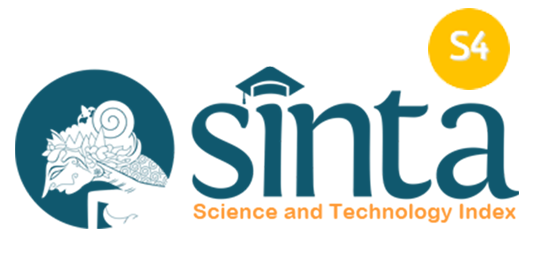The Performance of Hotel Daily Workers in Bali: A Model Moderated by Job Insecurity on the Effects of Learning Agility and Work-Life Balance
DOI:
https://doi.org/10.33005/ebgc.v8i2.1613Keywords:
Learning Agility, Work-Life Balance, Performance, Job Insecurity, Hotel Daily WorkersAbstract
The purpose of this study is to analyze the impact learning agility and work-life balance on performance of daily hotel workers in Bali through job insecurity as a moderating variable. The role workforce of the hospitality industry in Bali is crucial, also it is important to understand the dynamics that affect performance which can help improve job security, particularly caused by certain events such as the COVID-19 pandemic. This research used a quantitative method, 96 of hotel daily workers in Bali as respondents and surveyed using purposive sampling techniques, while data processing uses Partial Least Square (PLS) software. Results showed that there is a positive and significant impact of learning agility and work-life balance on performance, while negative and significant impact on job insecurity. Job insecurity have a significant negative impact on performance. Furthermore, job insecurity significantly mediates the relationship between both learning agility and work-life balance on performance. Results imply that although enhancing learning agility and maintaining a good work-life balance are necessary to improve performance, the basic sense of job insecurity can markedly moderate these relationships, indicating that hotel management should address the affective aspect of job security to effectively manage employee performance.








